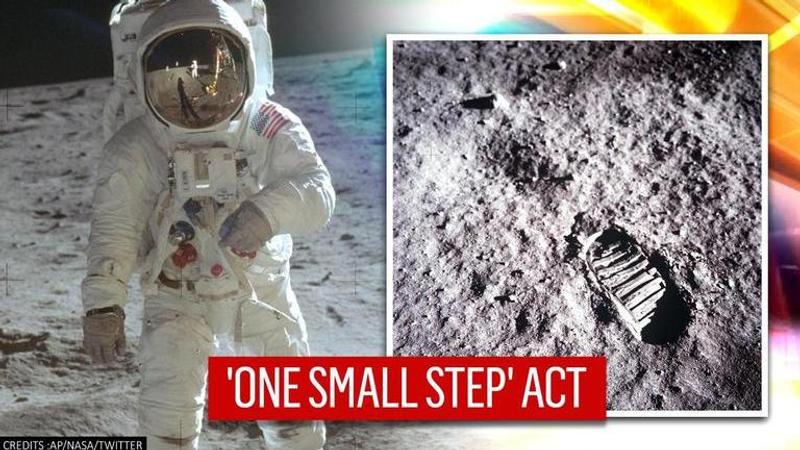Published 13:42 IST, January 27th 2021
Neil Armstrong's bootstep, other US hardware on Moon now protected by US law
US has enacted first legislation that requires the firms along with other entities of NASA on new missions to the moon to avoid disturbing the existing hardware

The United States has enacted the first legislation that requires the American firms along with other entities of NASA on new missions to the moon to avoid disturbing the US hardware that was left on Earth’s natural satellite at least 50 years ago including Neil Armstrong’s bootprint. On July 20, 1969, Neil Armstrong became the first human to step on the moon after which he said, “One small step for man, one giant leap for mankind”. Now, astronaut’s artefacts and bootprint on the lunar surface is protected by the US law under the ‘One Small Step to Protect Human Heritage in Space Act’ since December 31.
The ‘One Small Step’ act has also made the United States the first-ever nation to pass a law protecting lunar surfaces. The newly-passed act is designed to ‘protect and preserve the historic and scientific value of US government lunar artefacts’, setting a protecting perimeter around the six Apollo landing sites including Tranquility Bay, where the Apollo 11 lander touched down in 1969. The historic law is recognising human heritage in the outer space by safeguarding vehicles and hardware left there.
Penalties for violators not mentioned
As per reports, the legislation received bipartisan support in the Congress and it will become increasingly important as trips to the moon are expected to increase in the upcoming years. However, it does not specify the penalties for the violators. The bill went into effect on December 31, 2020, which also marks the 50 years after Apollo 11 brought Armstrong and Buzz Aldrin to the lunar surface. It was first introduced in 2019.
“It is only fitting to recognize humankind's achievements in space by preserving the lunar sites American astronauts first walked upon during the Apollo missions,” said reportedly Rep. Eddie Bernice Johnson of Texas, who introduced the measure in the House. Johnson, who is also the chair of the House Committee on Science, Space and Technology, reportedly said that for the United States and other nations that plan future lunar missions, “we must preserve these sites for the historical, archaeological, and the inspirational value they hold”.
Updated 13:39 IST, January 27th 2021




